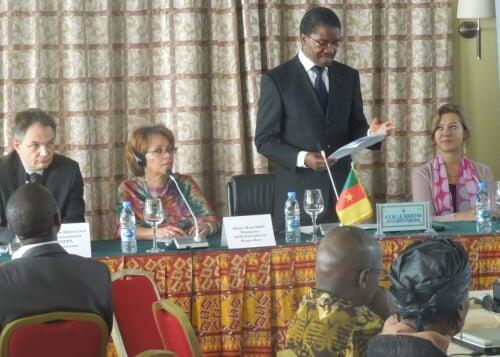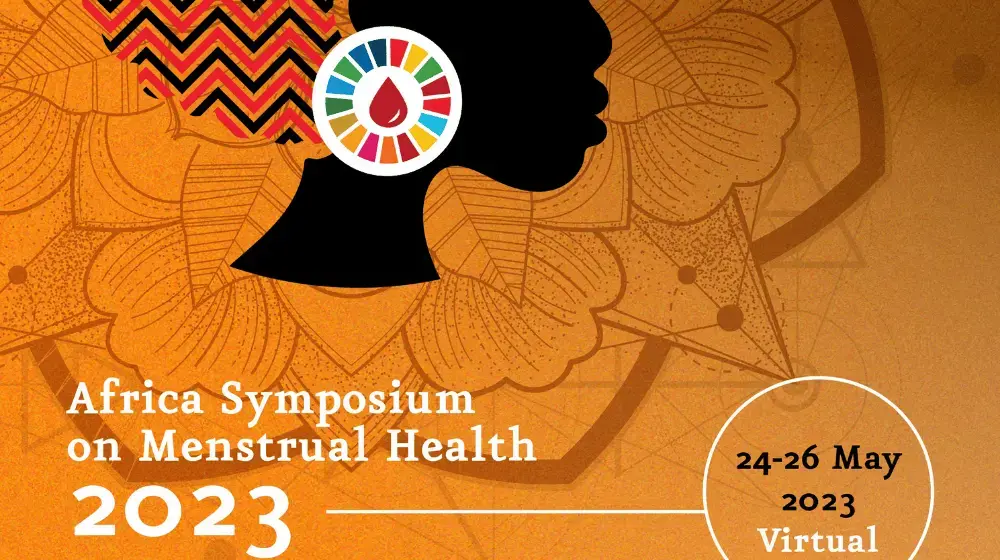It is widely recognized that there is an urgent need in Africa to accelerate the reduction of maternal and newborn mortality in order to achieve universal access to reproductive health. Improving access to competent health professionals is a key strategy put forward as an effective means of addressing maternal mortality in Africa.
Whereas strategies to improve the situation of health workers in developing countries have been reviewed, there is international consensus on the need to strengthen the capacity of skilled and qualified reproductive, maternal, newborn and child health service workers. The promotion and fostering of communities of practice (CoP) has proved to be a winning strategy that has gained recognition for improving organizational performance for health systems.
More than 50 experts and reproductive health specialists, policy makers and parliamentarians from African countries met in Yaoundé, Cameroon, from 11-13 December 2012 to review the key challenges and to establish CoP for reproductive health workers in Africa. The meeting was organized by UNFPA and the WHO Global Health Health Workfroce Alliance (WHO/GHWA) as part of the Harmonizing Health in Africa (HHA) initiative. The meeting was funded by UNFPA through a global grant by the French Government, under the Muskoka agreement.
The newly created Community of Practice on human resources, Sub-Pillar for Reproductive Health, will act as a platform of knowledge management and as a mechanism for the sharing of information, sparking innovation and reducing the learning curve for new reproductive health personnel. Through this community, a good practice or an innovation in reproductive health in one country or continent can easily be shared and replicated in other parts of the world.
At the workshop, opened by Cameroon’s Minister of Health Mr. André Mama Fouda, the participants agreed on key strategies to be adopted in order to fill the gap of information for decision making to improve training strategies, accreditation strategies, careers and status of the midwives.
The adopted key strategies related to knowledge management, as follows:
- Respond to information or technical assistance requests from countries with respect to best practices in relation to training, regulation and quality of services;
- Organize discussion groups via the CoP on different themes (e.g. to assist in the drafting of protocols) and share North-South and South-South experiences;
- Document problems and case studies on the differences between linguistic and cultural codes (adapt standard documents translated to the local context);
- Communicate studies documenting the supply of midwifery care practice and documentation methods;
- Make available on the site the literature review, once validated, and documents prepared by the members;
- View on site policy briefs based on events occurring in the field of Human Resources for Health/Maternal, Newborn and Child Health (HRH/MNCH);
- Refer to the CoP as an appropriate resource according to those who need it; communicate the relevant links to them;
- Allow people to exercise free speech while filtering information and overseeing the expression methods of the participants.
Based on the discussions, the participants selected the areas of intervention of the CoP in 2013:
- Accreditation of the midwifery training programme;
- Regulation of the midwive’s profession and Reproductive, Maternal, Newborn and Child Health (RMNCH) services.
Recommendations on future activities of the CoP to contribute to the adoption and implementation of the accreditation process of midwifery training programme include the following:
- Make available information on training curricula in the countries concerned;
- Contribute to the establishment of tools or make them available through the sharing of experiences in relation to the establishment of accreditation;
- Make information available for all events taking place at the regional level and in the countries concerned;
- Try to find support mechanisms and advocacy to engage the steering or monitoring committee;
- Provide references and share testimonies and experiences through the CoP.





